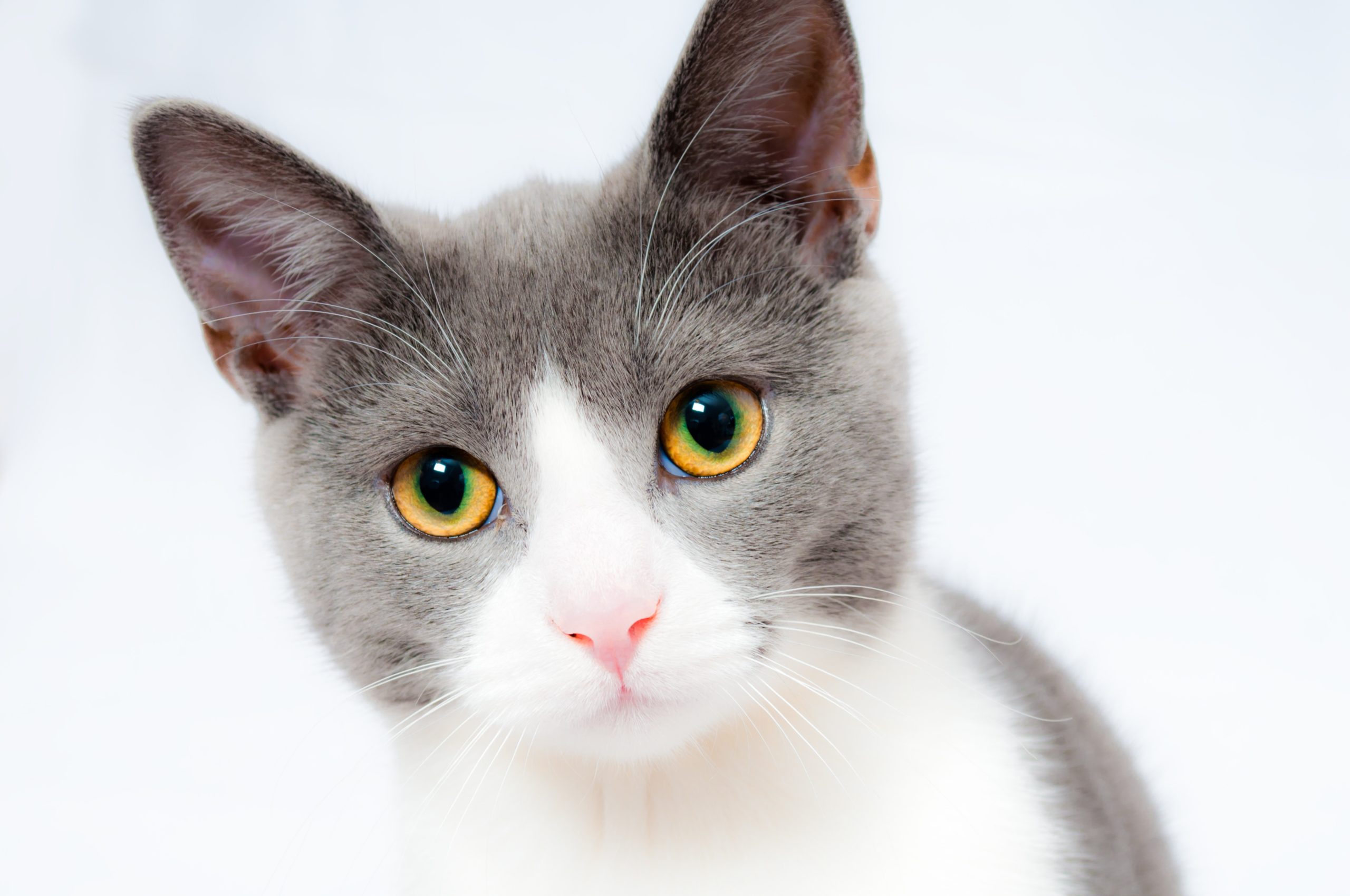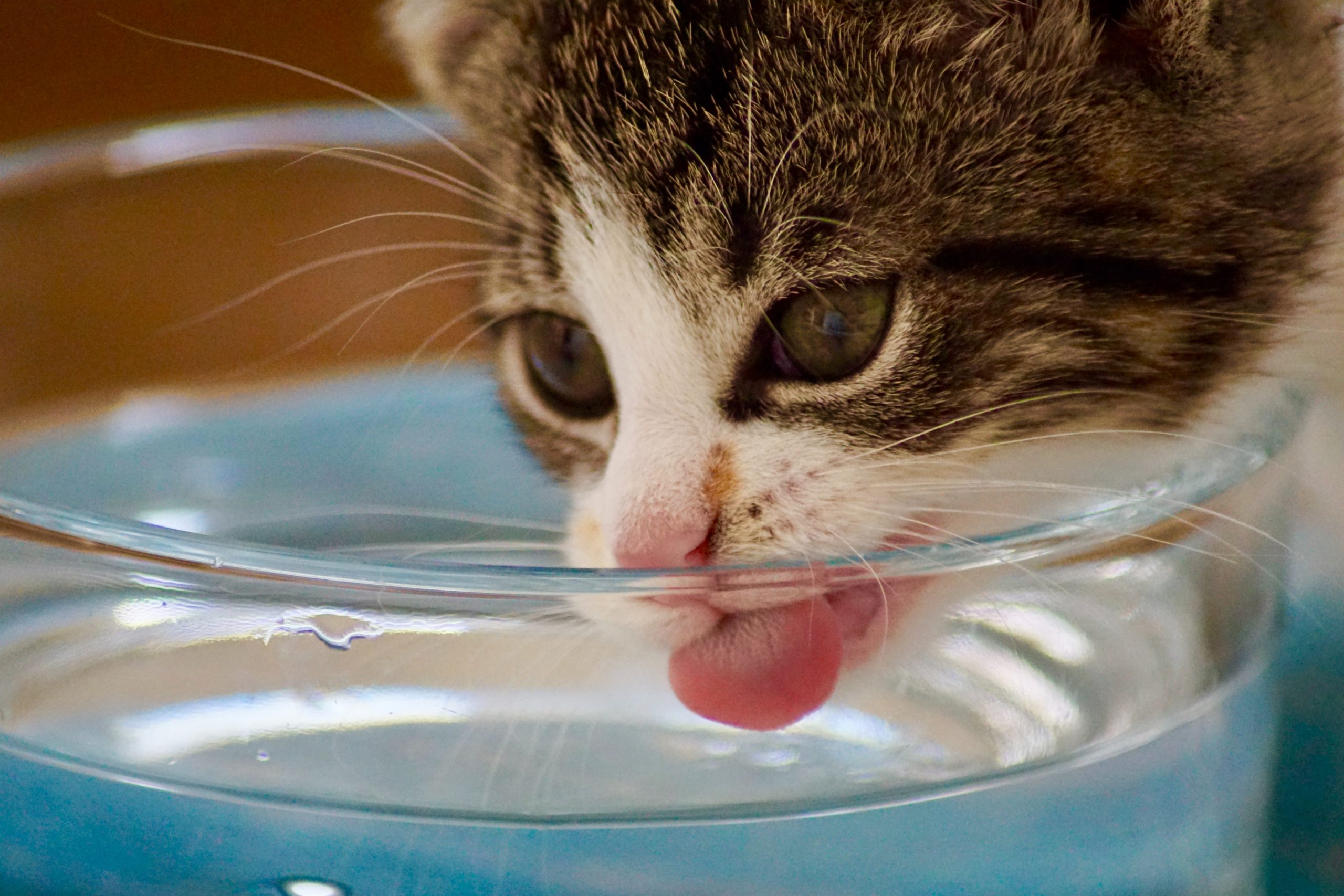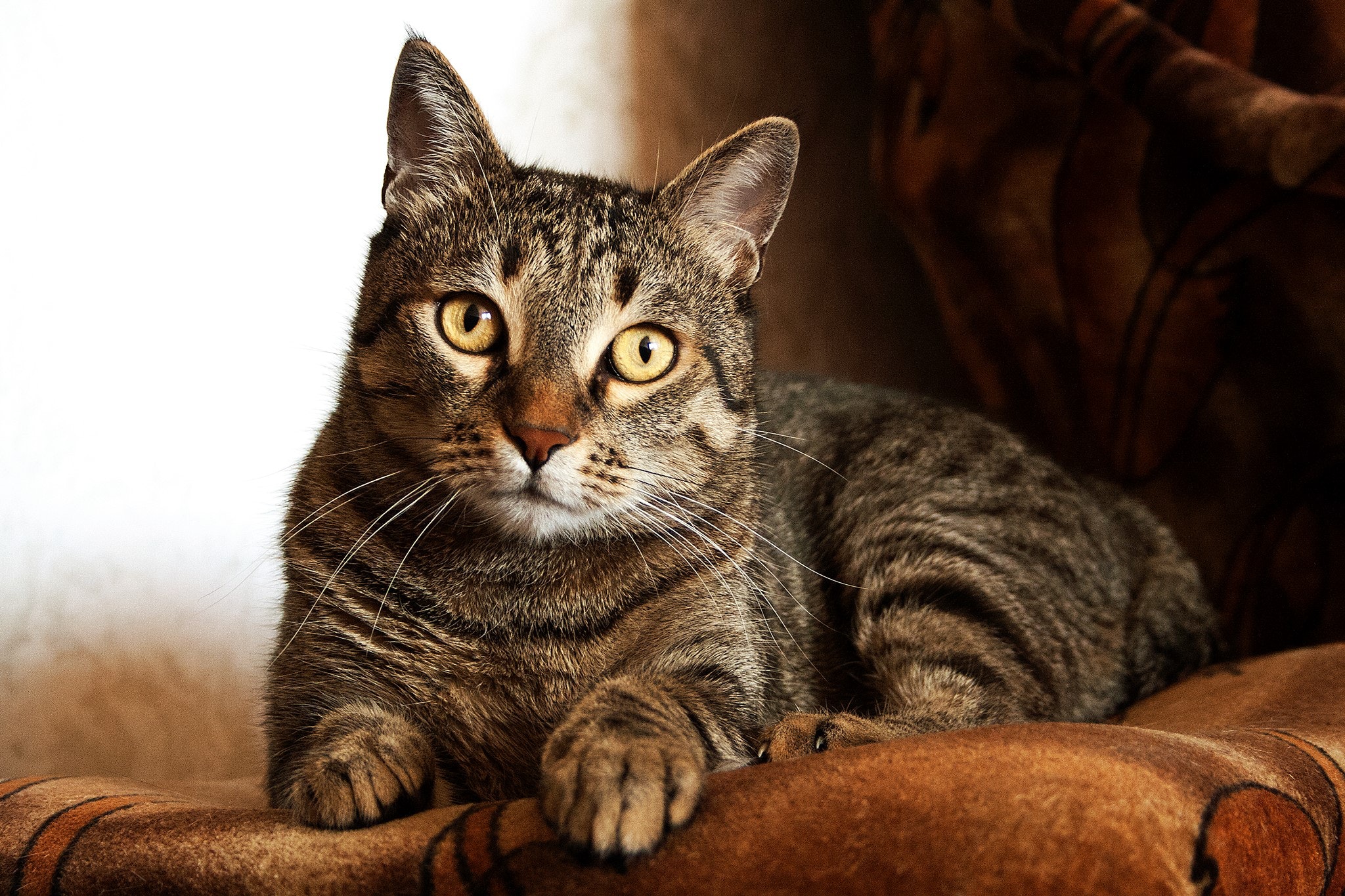Updated on
Have you ever wondered how often you should expect to see your cat in their litter box? Your cat’s urinary health is an essential part of their well-being, so it’s important to understand just how many times the average cat should go pee each day.


In this article we’ll discuss the normal urinary habits of a healthy cat, and how to know if your cat’s litter box habits are in line with a healthy feline!
Contents
How many times a day should cats pee?
There’s much more to your cat’s urinary habits than simply cleaning up their litter box. Your cat’s urinary schedule is a peak into their overall health, and can help you make sure that your cat is feeling their best! So how often should you expect to see your cat pee?
While this number can vary, most cats will pee anywhere from 3-6 times per day. This frequency can of course be impacted by other habits throughout their day, but this is a safe range to expect.
Now that you have a general idea of how much your cat will pee, let’s cover the factors that can impact their need to go!
Factors That Affect How Much Your Cat Pees
There are a few factors that will affect how often your cat will need to pee. Let’s dive into a few reasons to help you better understand your furry friend’s litter box routine!
Drinking Water
Your cats water intake will have a huge impact on how much they have to pee. Similar to humans, if your cat drinks a large amount of water, you can expect them to spend a bit more time in their litter box. If your cat likes to gulp down and stay hydrated, you may see the result in their amount of bathroom breaks.


Eating
Since some food contains more water than others, their specific diet can impact how much your cat needs to pee. For example, cats that eat canned food each day may urinate more than cats that only eat dry kibble due to the extra hydration they receive with a canned diet.
Age
Since urination is considered a metabolic process, it makes sense that some cats will begin to urinate less as their metabolism slows with age. While this will vary from cat to cat, you can generally expect your kitten to spend much more time in the litter box than their senior feline friends.
Medical Conditions
There are many medical conditions that can impact your cat’s metabolism and their urinary health. In addition to the impact that medical conditions can have on our cats is the effect that medications can have on them as well. If your cat is ever diagnosed with a chronic medical condition, it’s important to speak with your vet about possible side effects and impacts on their urination habits. By understanding the impact that medical conditions and medications can have on your furry friend, you can know what to expect!
What if my cat pees too much?
Does it seem like your cat pees more than the average cat? If so, there are a few things to consider. Do they drink a lot of water? If so, it may just be due to their excessive thirst. While this may be normal for your cat, it is important to mention this to your vet just in case there’s a cause behind their thirst.
The next thing you should consider is how old your cat is. If your cat is approaching their senior years and seems to be peeing more, it’s time to get them into your veterinarian for a senior check up! Some medical conditions can cause our feline friends to urinate more than usual.
The last thing to consider is if your cat is actually urinating rather than just squatting for multiple attempts. UTI’s can make it seem like your cat is peeing more than usual due to their frequent trips to the litter box. Be sure to check their urine for any signs of blood or strong odor, as well as checking to make sure they are producing a normal amount of urine each time.
As a Licensed Vet Tech, I've seen many medical conditions in cats begin with changes in how often they pee. Though it may seem like a small detail in their daily lives, it's actually a huge clue into what's going on inside!
What if my cat pees too little?
Just as urinating too much can point to a few concerning complications, so can urinating too little. If it ever seems like you are cleaning up less urine than usual in your cat’s litter box, it’s time to contact your veterinarian. It’s important to make sure that your cat is hydrated and not experiencing any decline in their health.


How will I know if my cat’s urine is normal?
Just as important as it is to monitor how often your cat is peeing, is what your cat’s urine looks like. Normal cat pee will have the following characteristics:
- Clear & yellow (if you are able to witness your cat urinating)
- No blood or dark pigments
- No foul odor or overpowering odor
- Larger clumps in the litter box rather than several small clumps
- Normal posture when urinating & no sign of struggle
Signs Of Urinary Complications
Urinary complications are quite common in cats, especially males. In order to help you monitor your cat’s urinary health, let’s dive into a few signs of urinary complications to be aware of.
- Strong or foul smelling urine
- Blood or dark pigment in the urine
- Urinating outside of the box or around your home
- Frequent trips to the litter box
- Yowling or meowing when urinating
- Difficulty urinating or only producing small amounts of urine
Summary
Though each cat may have a slightly different litter box routine, you can now have a general idea of what to expect from your feline friend. Be sure to review the tips we’ve listed above to monitor your cat’s bathroom breaks, and your cat will have a healthy urinary future ahead of them!